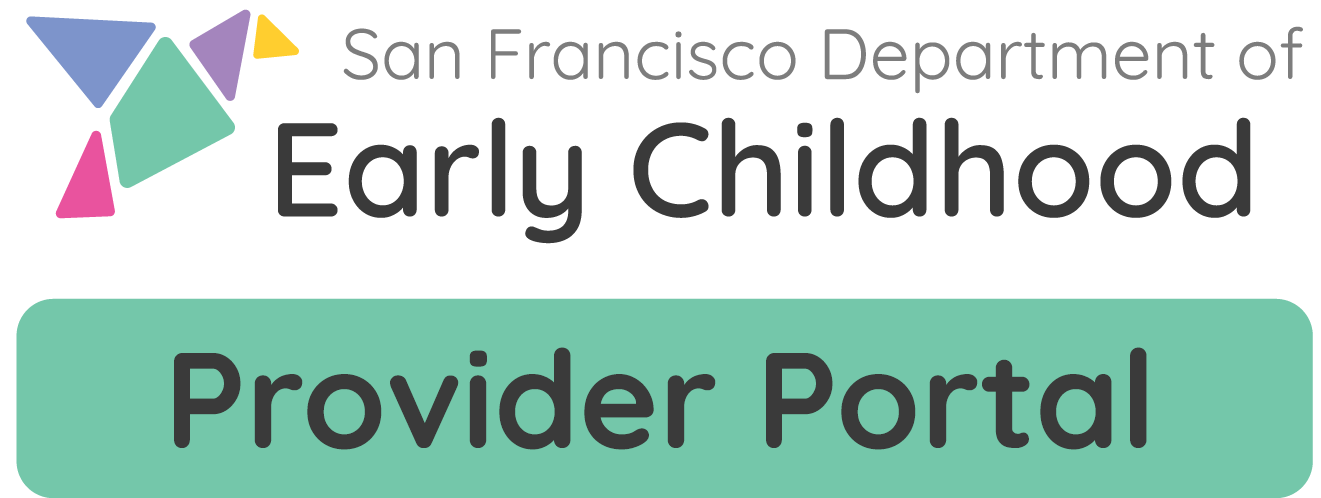Quality Assessment
Assessments are a key component of the Early Learning For All quality improvement process. They are used to identify an early learning program’s strengths as well as areas for improvement. Observations gathered in an assessment can inform a plan to enhance the quality of care and education provided by early educators.
DEC assesses programs using the Classroom Assessment Scoring System (CLASS) and the Environment Rating Scales (ERS) self-assessment.
CLASS Assessment
CLASS assessments are conducted by independent trained observers from WestEd. Any early learning program that joins Early Learning For All and receives funding from the City of San Francisco is required to have a CLASS assessment.
The Classroom Assessment Scoring System (CLASS) measures the quality of teacher/child interactions. High quality teacher/child interactions include:
- Consistent routines and schedules
- Emotional support
- An organized classroom
- Interactions that help build critical thinking skills and vocabulary
Three CLASS scales are used in San Francisco:
- CLASS Infant is used in settings serving babies from birth to 15 months
- CLASS Toddler is used in settings serving children 15 months through 3 years
- CLASS Pre-K is used in settings serving children 3 years to 5 years
Observers will use the appropriate CLASS scale based on the age range of the children enrolled in the early education setting. For example, if the children in a center-based classroom or family child care program are 3.5 to 4.5 years old, CLASS Pre-K will be used to measure quality of interactions. Similarly, if children in a center-based classroom or family child care program are 15 months to 2.5 years of age, CLASS Toddler will be used.
In family child care it is likely that a mixed age group will be present. In this case, the observer will utilize two scales to measure the range of interactions with infants, toddlers, and preschoolers.
The CLASS assessment takes a minimum of two hours and up to four hours to complete. After scheduling an observation, a confirmation packet is mailed to the program. The confirmation packet includes documents intended to serve as a resource for programs to prepare for the observation.
Environment (ERS) Self-Assessment
Early Learning For All programs must also complete a self-assessment of their environment using one of the environmental rating scales tools. Programs may choose which. Options include:
- Environmental Rating Scales (ECERS-R/ITERS-R/FCCERS-R; ECERS-3/FCCERS-3)
- NAEYC Classroom Checklist
- Other research-based assessment tool upon approval by DEC.
The Environment Rating Scales (ERS) measure the quality of the indoor and outdoor classroom environment. The tools measure:
- A clean and safe environment
- Healthy practices
- Engaging and interactive activities that support children’s learning
Each scale is used in care environments that serve children of various age groups and settings. Programs should self-assess using the appropriate scale.
- FCCERS-R and FCCERS-3 are used in family child care programs serving children ages birth through school age
- ITERS-R is used in center-based child care programs serving children ages birth to 30 months
- ECERS-R and ECERS-3 are used in center-based child care programs serving children ages 30 months to five years (3 years to five years for ECERS-3)
